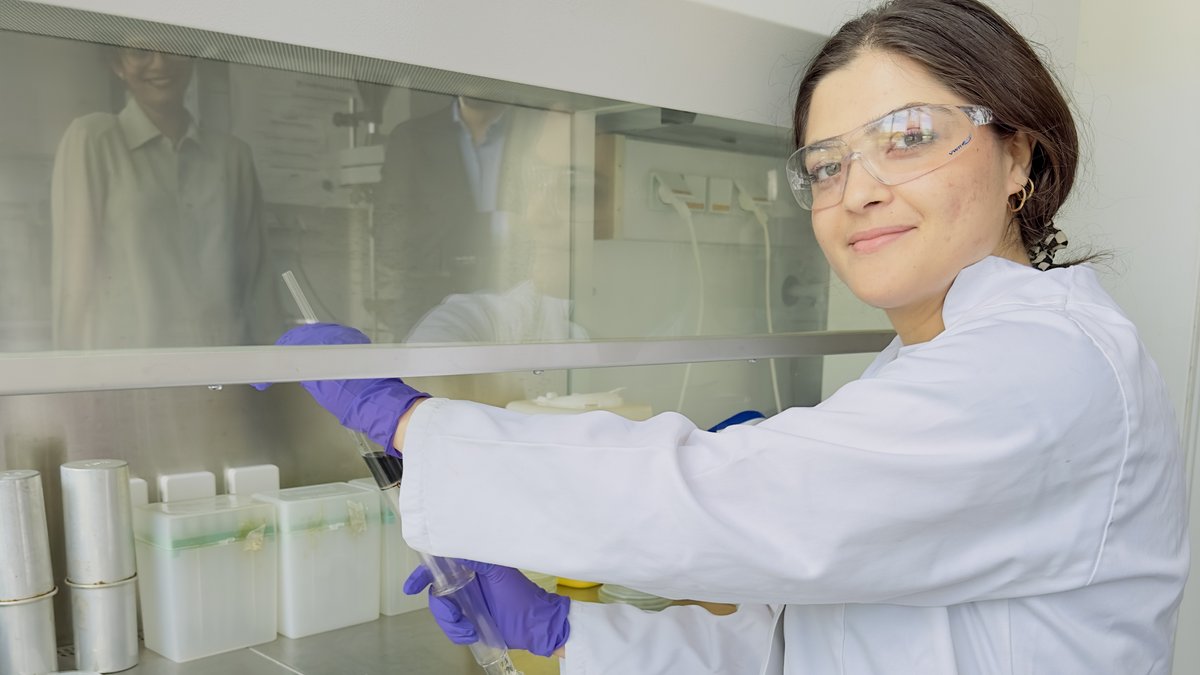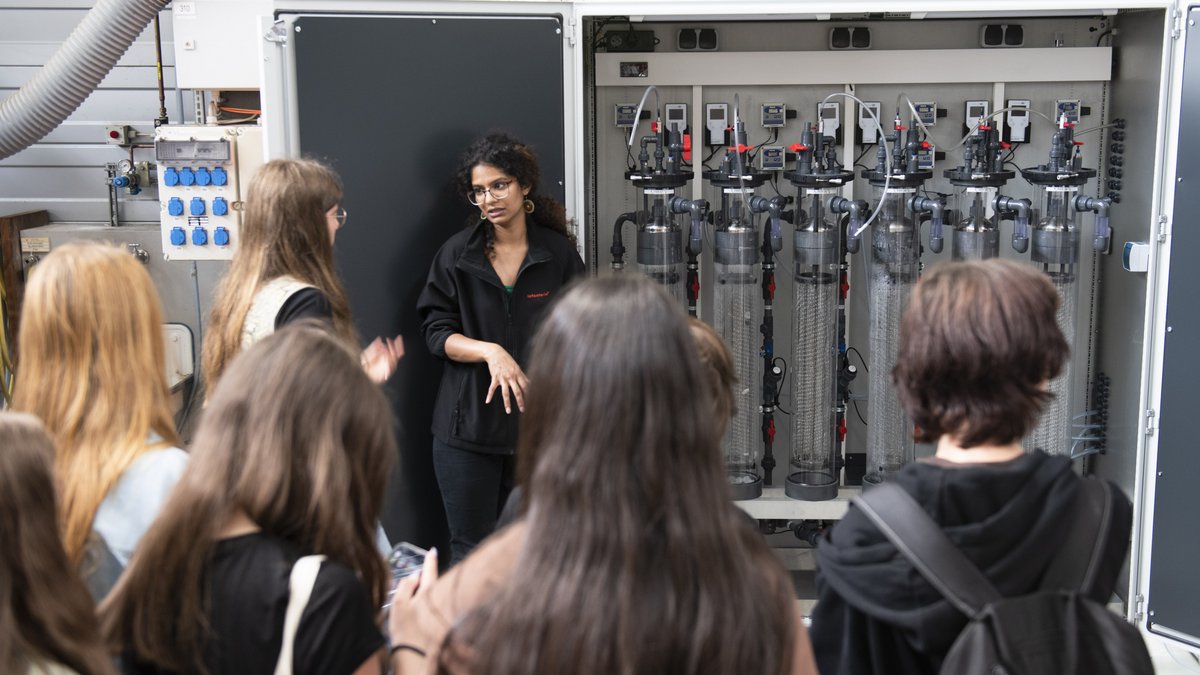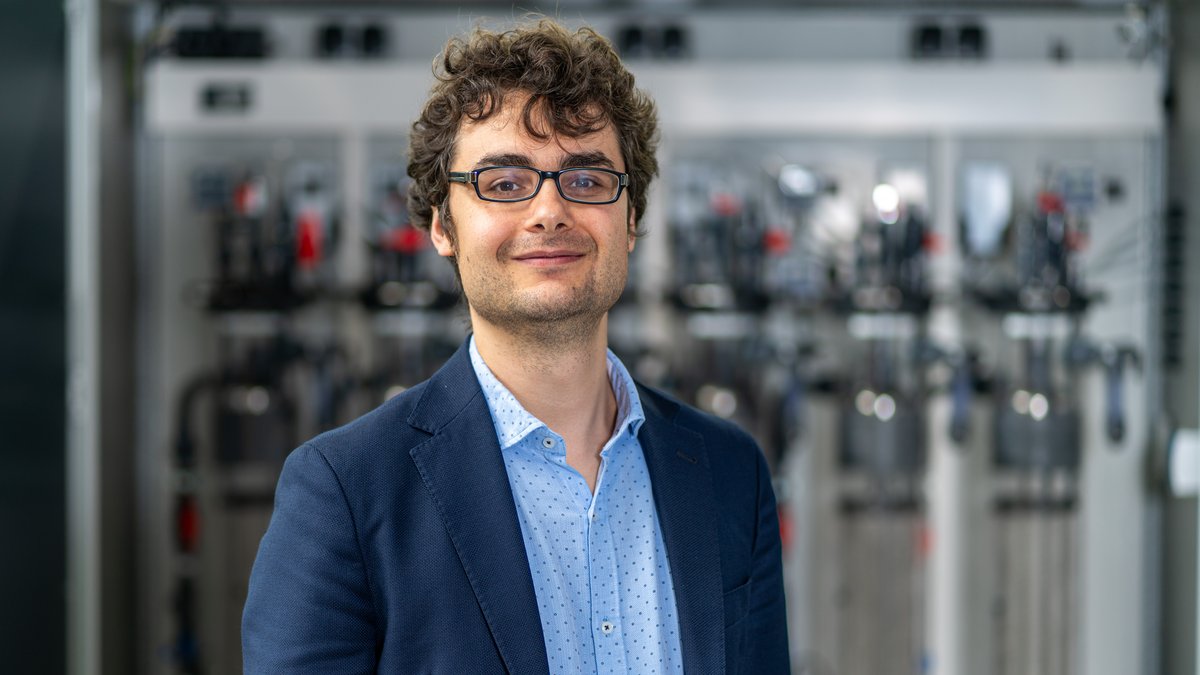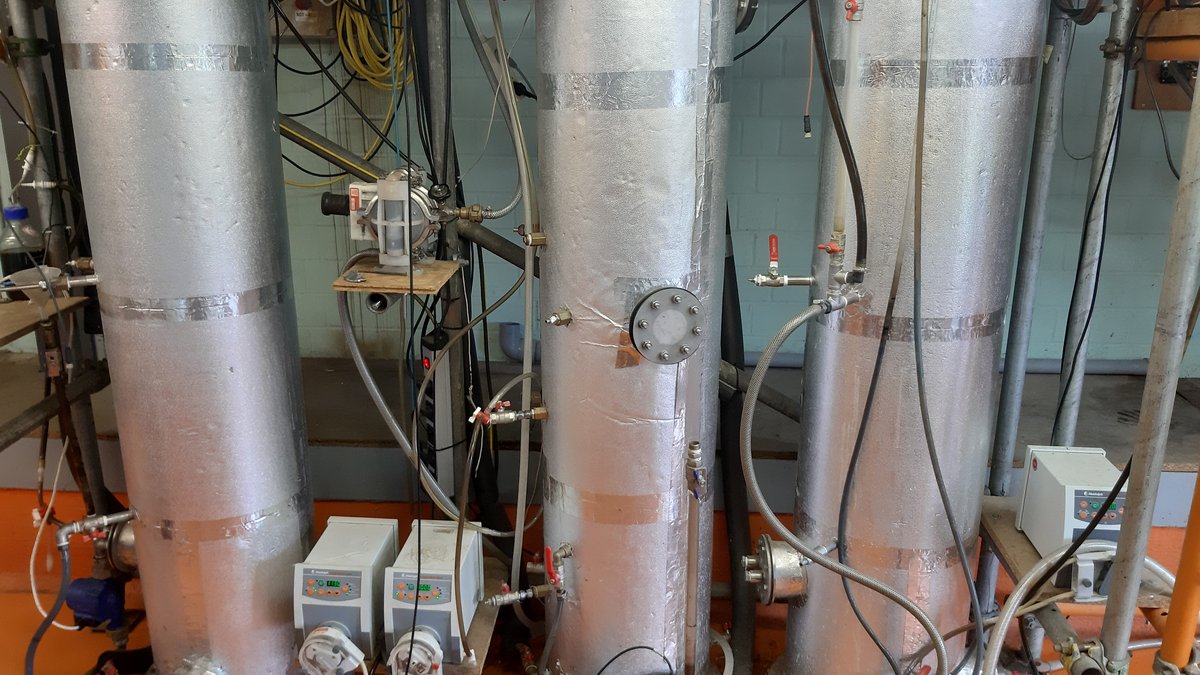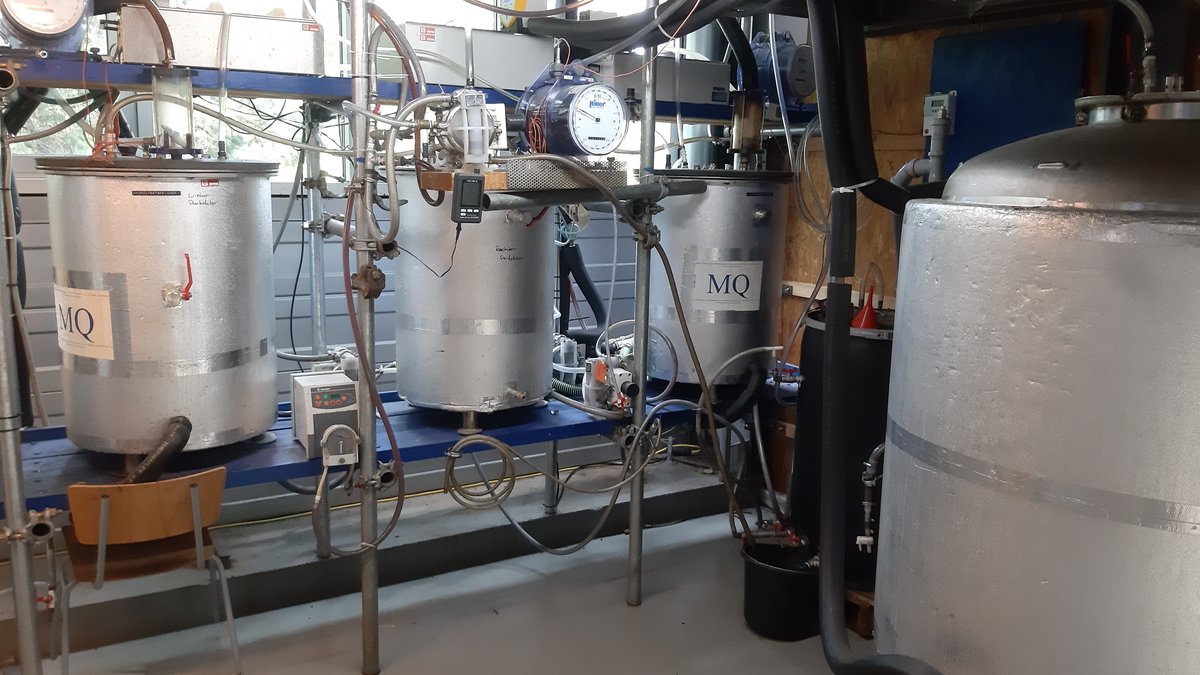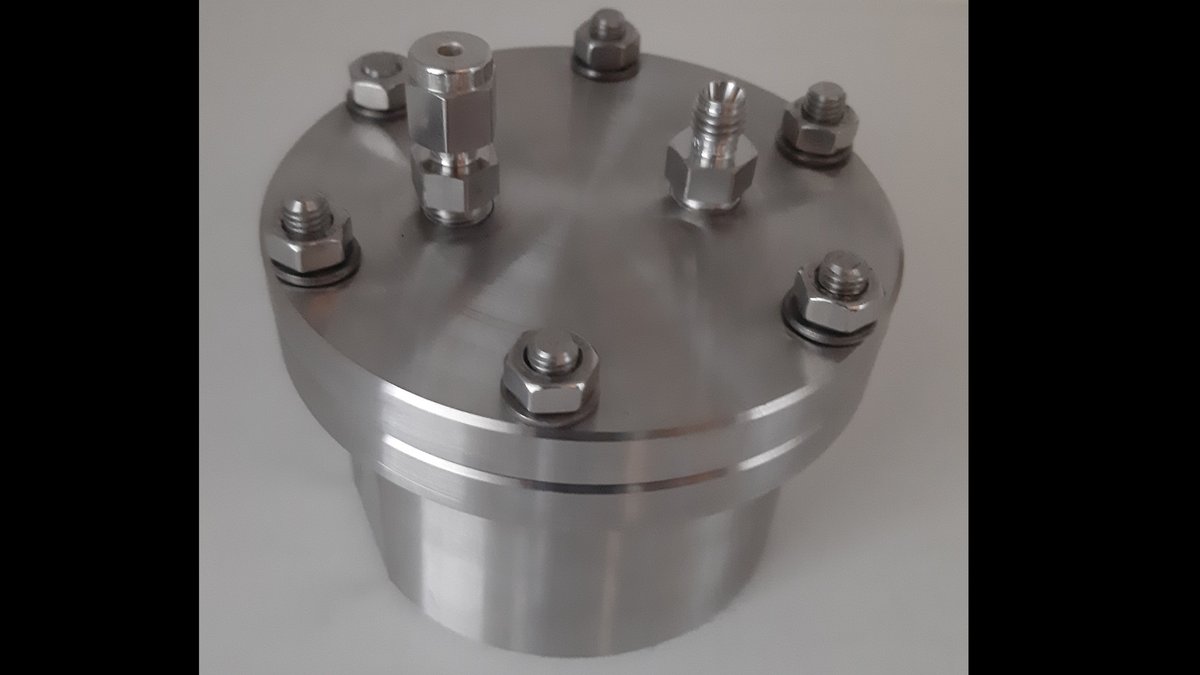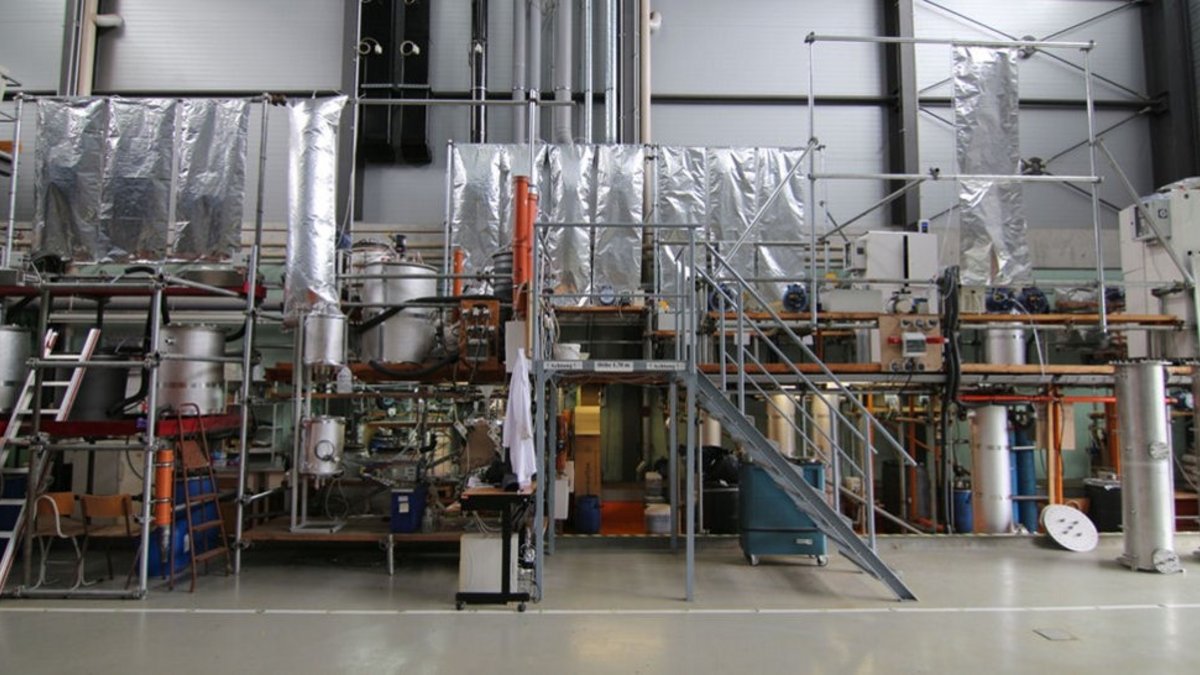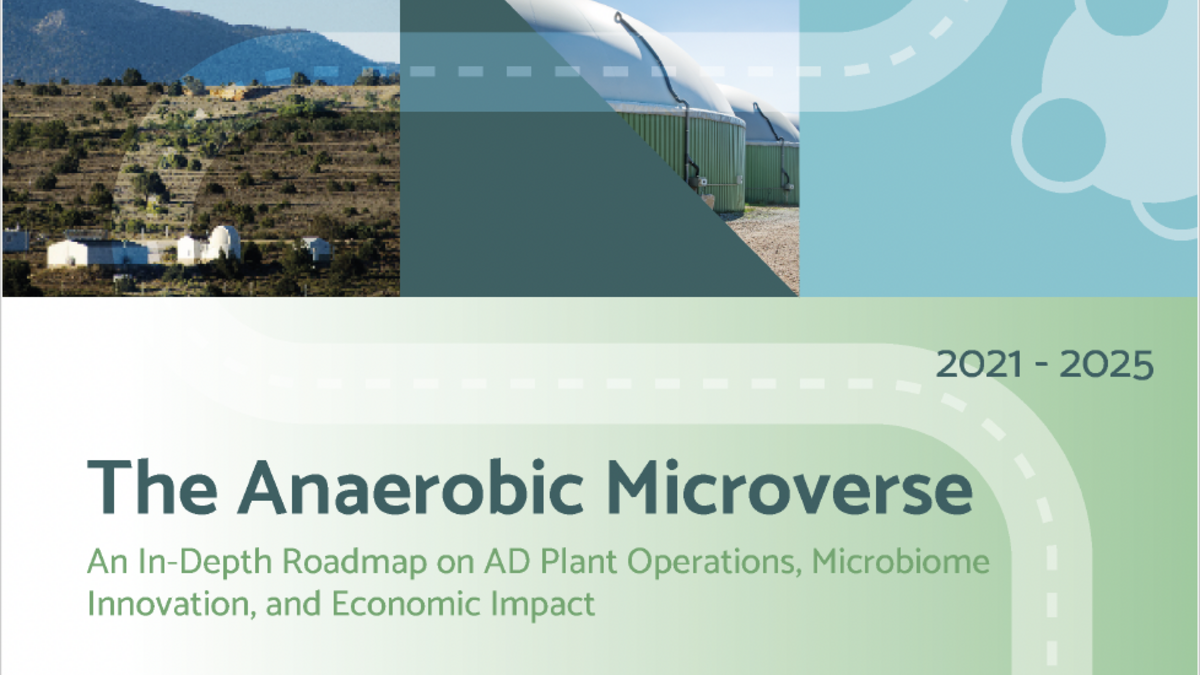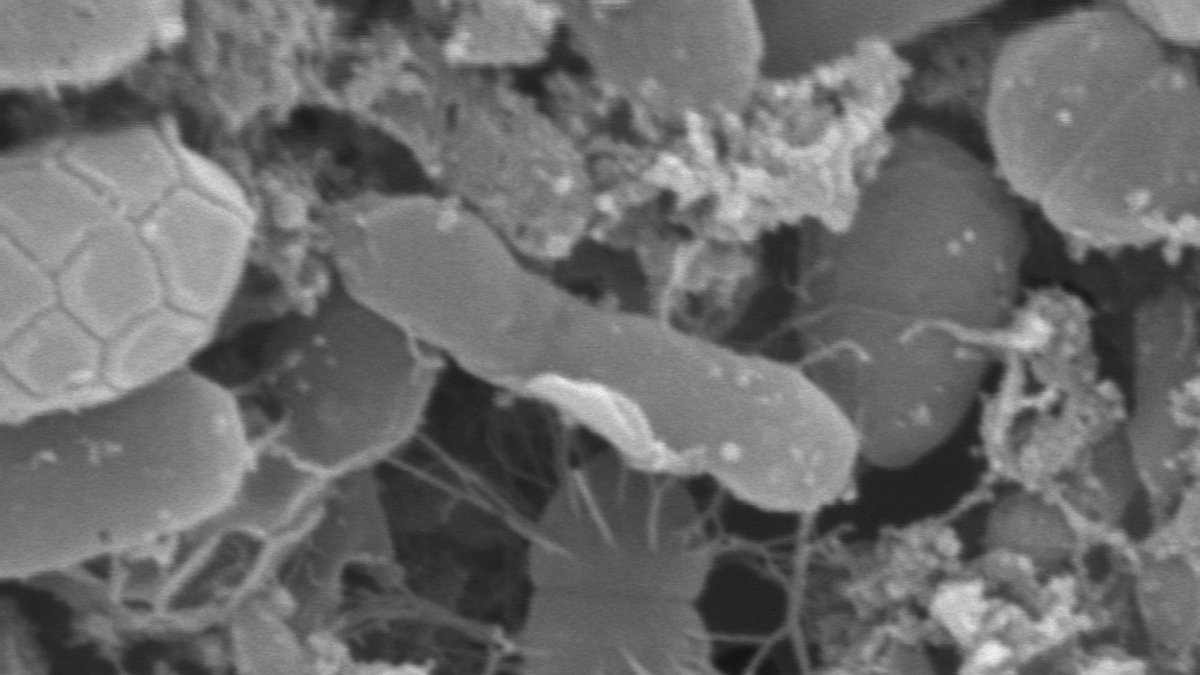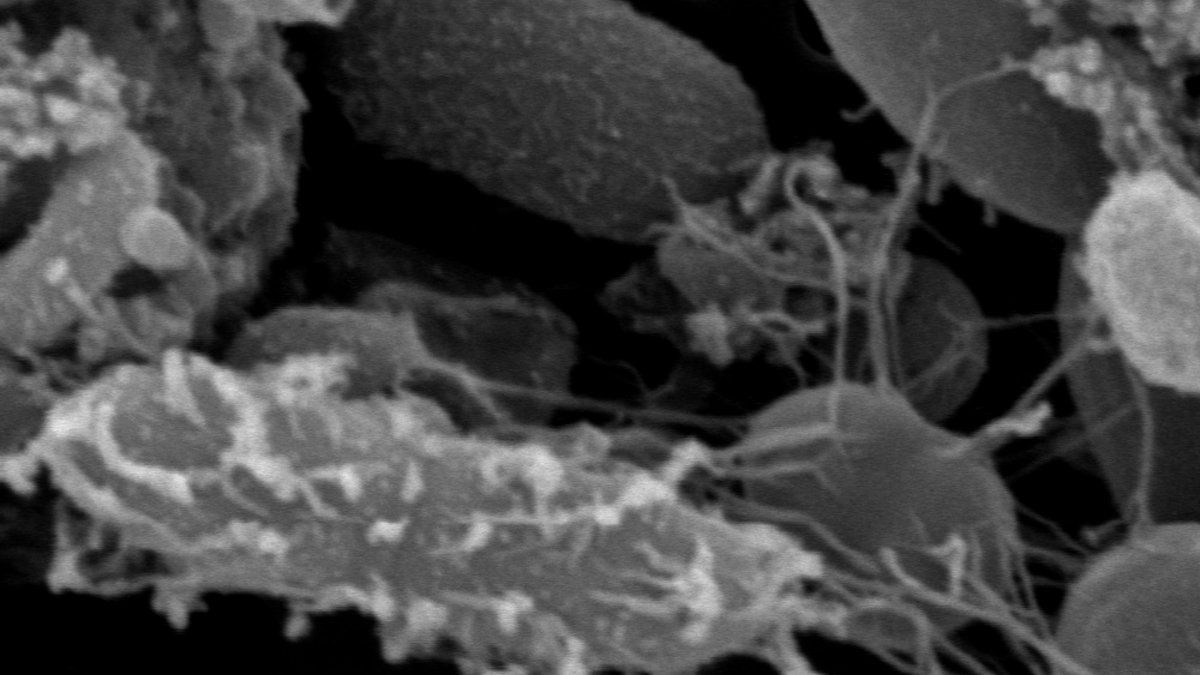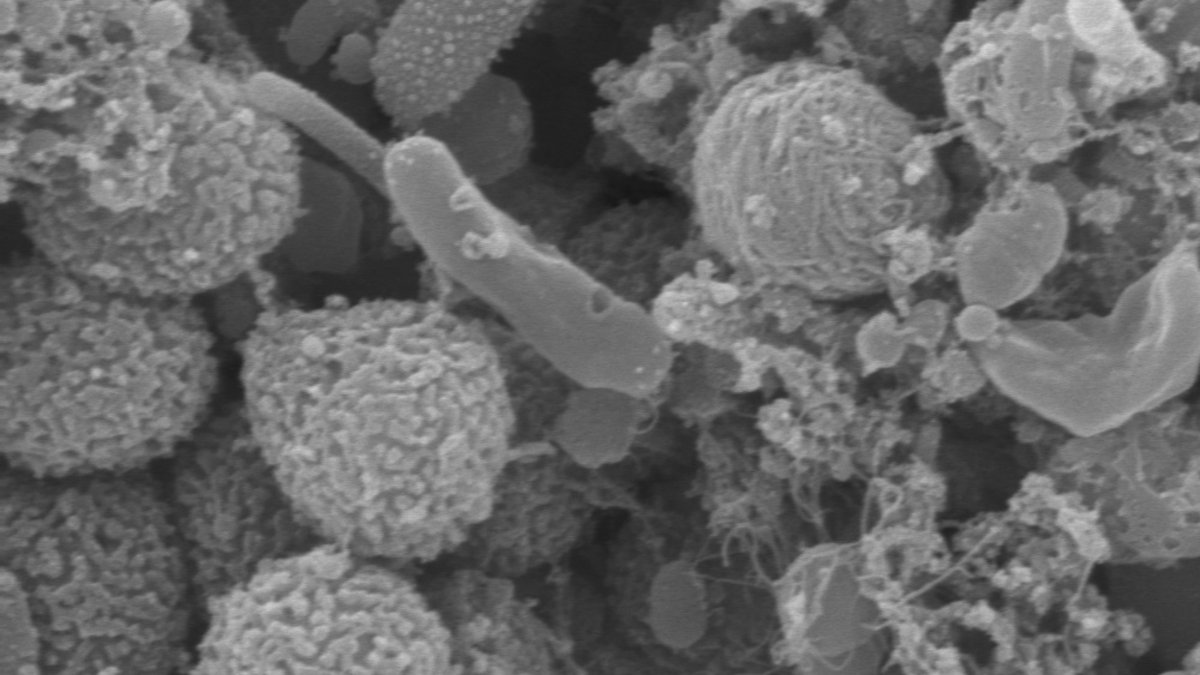The Department of Circular Economy is part of Faculty 2 - Environment and Natural Sciences. Important thematic focuses of the chair are biological, thermal, and mechanical processes of waste treatment. These main topics are examined from both the technical and biological sides in teaching. The focus is on sustainability and closed material chains.
The department's research focuses on biological treatment methods for residues. These form an important pillar of the steadily growing bioeconomy. In addition to the utilisation of biogenic residues, anaerobic fermentation processes allow the provision of heat, electrical energy, and fertiliser. In the future, biogas plant-associated technologies could also provide other valuable materials such as hydrogen or fine chemicals. In the search for approaches to generate new valuable materials from residues and to increase process biological efficiency, targeted "microbiome" manipulation is a particular challenge. The microbiome refers to the totality of all microorganisms in a habitat. R&D topics in which the working group is involved in this context are:
- Power2Gas
- The dynamic behaviour of taxonomic profiles
- Biochar for the induction of direct interspecies electron transfer (DIET)
- Bioaugmentation
- Influence of different selection pressures on microbiomes
In the aforementioned R&D approaches, research is carried out, among other things, in cooperation with various business partners (industry-related research). However, there is also still a need for research in the area of basic research. Biogas plants are a "playground" for microbiome research. New microbial species are regularly discovered. The core microbiome of anaerobic digesters alone comprises about 300 species. However, if one considers the entire microbiome, the number of species involved is much higher.

